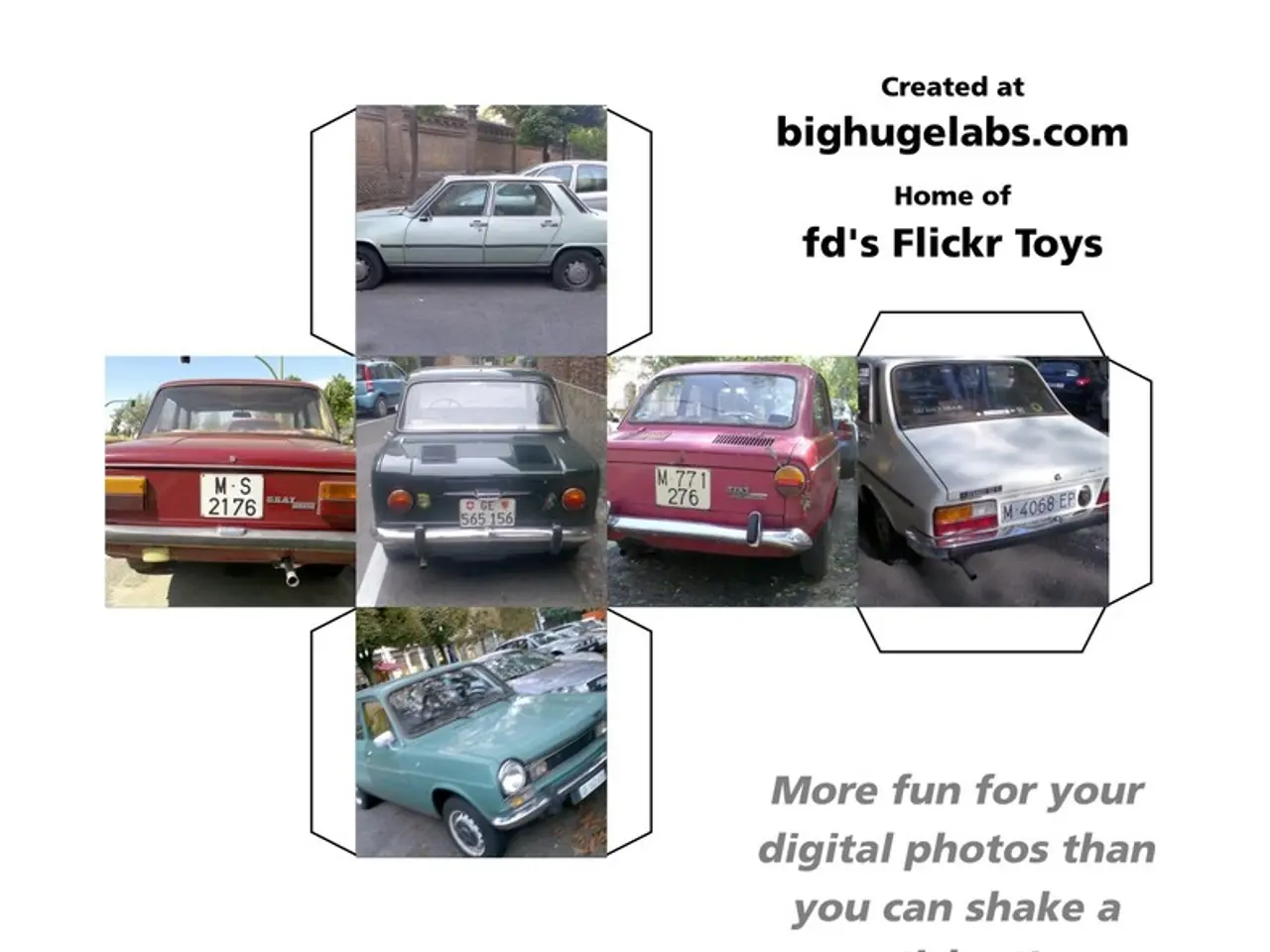Discussion on WardsAuto Podcast featuring M&A expert Dave Cantin, the Auto Dealer M&A Maven.
Electric Vehicle Dealers Brace for Challenges in 2025 Amid Political Shifts
The electric vehicle (EV) industry is gearing up for changes as the White House transitions from a pro-EV Democratic regime to a Trump regime, which is reportedly less supportive of electrification. This shift is expected to present several challenges for EV dealers.
According to Dave Cantin, a well-respected dealer M&A expert, EV dealers are likely to face a tougher landscape in 2025. The challenges include declining EV sales, reduced subsidies, and increased market uncertainty.
One of the key issues is the slowdown in EV sales. Despite an initial 8.1% rise in new EV registrations, the overall EV market share in the U.S. has largely stagnated at around 8.6%. Some months have even shown declines compared to previous years, indicating a slowing momentum for EV sales in the U.S.
Another challenge is the waning incentives and subsidies. Key EV purchase incentives, such as Colorado’s tax credit and previously lucrative federal tax credits, are being cut or removed, which has directly contributed to a slump in EV sales in some states.
The political shifts are also impacting support for EV adoption. The transition to a Trump administration is likely to mean reduced federal support for EV adoption, as evidenced by existing "anti-electrification" policies slowing the U.S. domestic EV market growth despite strong global gains in EV sales.
Consumer hesitancy and charging issues continue to be concerns. Ongoing concerns about EV driving range and charging reliability can temper consumer enthusiasm, despite improvements in vehicle quality and satisfaction. Issues with charging infrastructure persist, which can discourage potential buyers.
Competition and market dynamics are another challenge. With around 36 new EV models expected in the U.S. within 18 months, dealers will face intensified competition for a market that is not significantly growing, requiring careful inventory and marketing strategies.
Tariffs and economic factors also add uncertainty and complexity to sales planning. Dealers have observed short-term sales shifts ahead of tariff impositions but not sustained growth, suggesting that economic and trade policies add to the complexity of sales planning.
Despite these challenges, analysts expect the EV adoption curve in the U.S. to be delayed by several years due to political and policy shifts, but not reversed. Automakers and dealers need to remain flexible, possibly balancing EVs with hybrids and internal combustion vehicles as profitability and consumer preference fluctuate.
In an interview with WardsAuto Podcast Host David Kiley, Dave Cantin discussed these challenges and the state of the auto dealer business in 2025. He emphasized the need for dealers to adapt to slower growth and greater uncertainty during the ongoing transition to electric vehicles.
The supply chains for electric vehicles may also be affected by the change in the White House regime, but this aspect is yet to be fully understood. As the industry moves forward, dealers and automakers will need to navigate these challenges to thrive in the evolving EV market.
References:
[1] Kiley, D. (2025, March 1). WardsAuto Podcast: Dave Cantin on the State of the Auto Dealer Business in 2025. [Podcast episode]. WardsAuto.
[2] Kiley, D. (2025, April 1). 36 New EV Models Coming to the U.S. in the Next 18 Months. WardsAuto.
[3] Kiley, D. (2025, May 1). The Impact of Trump Policies on the BEV Transition. WardsAuto.
[4] Kiley, D. (2025, June 1). Consumer Hesitancy and Charging Issues: Challenges for EV Dealers in 2025. WardsAuto.
[5] Kiley, D. (2025, July 1). The Long-Term Outlook for EV Dealers in 2025 and Beyond. WardsAuto.
- In the electrical vehicle (EV) industry, suppliers, manufacturers, financiers, and transportation providers alike must address the impact of the shifting political climate in 2025, as a more skeptical administration may affect EV subsidies, sales, and overall industry growth.
- With the increased competition in the automotive industry, technological advancements, such as the creation of 36 new EV models within 18 months, may pose additional financial strain on EV dealers, necessitating careful inventory and marketing strategies.
- As political shifts may affect financial incentives for EV adoptions, engaged dealers in the industry should consider diversifying their inventory to include hybrids and internal combustion engine vehicles, thus ensuring flexibility in the face of evolving consumer preferences and market dynamics.




